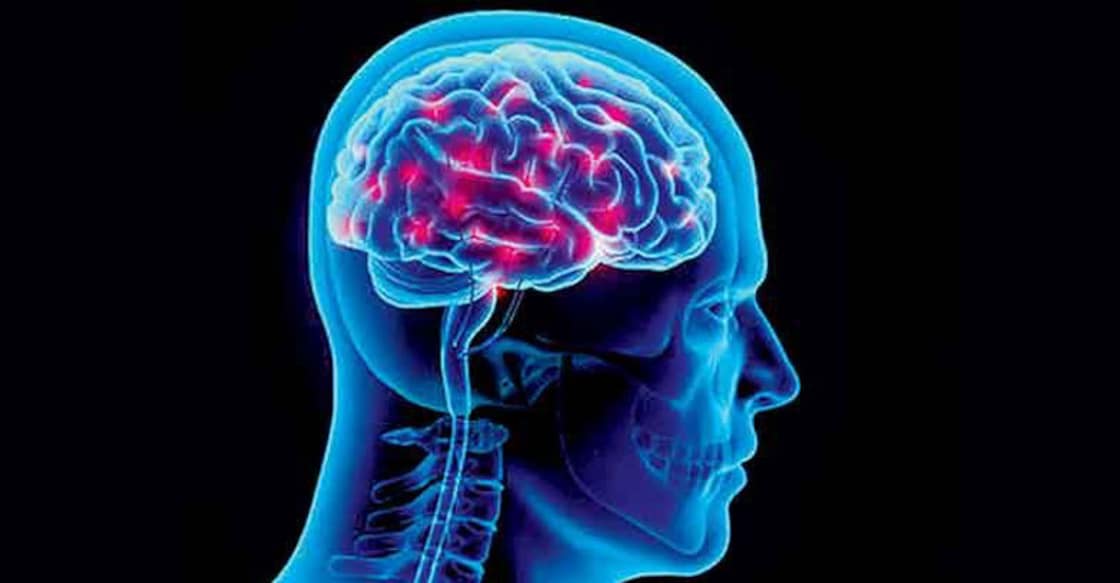Chemical weapon? Scans on all US diplomats posted in Cuba show brain damage

Mail This Article
Washington: Brain scans of about 40 US diplomats injured in mysterious circumstances in Cuba reveal visible differences compared to those in a control group, researchers who analyzed them said Tuesday.
The study, published in the Journal of the American Medical Association and led by professors at the University of Pennsylvania, does not draw any conclusions about the cause of the symptoms suffered by the diplomats from late 2016 into May 2018.
But the MRIs of the patients confirm that "something happened to the brains of these people," Ragini Verma, a professor of radiology at UPenn and co-author of the study, told AFP.
"It's not imagined," she said. "All I can say is that there is a truth to be found." Verma added: "Whatever happened was not due to a pre-existing condition, because we test for that." From late 2016, diplomats posted in Havana and some of their family members suffered unexplained symptoms ranging from poor balance and vertigo to lack of coordination, unusual eye movements, anxiety and what victims called a "cognitive fog."
The United States recalled most of its diplomatic personnel from the Cuban capital in September 2017.
Some of them have recovered and returned to work, but others are still undergoing rehab, according to Verma.
The US government never publicly explained the cause of mysterious illnesses. It neither confirmed nor denied the possibility of attacks using some sort of acoustic weapon, as some US media reported, without offering proof.
Cuba has denied all responsibility for the incidents, which also affected at least 14 Canadian citizens. Ottawa also ended up recalling most of its diplomats from Havana in January.
At the request of the State Department, 44 diplomats and family members were sent from mid-2017 to UPenn's brain trauma centre to undergo MRI (magnetic resonance imaging) exams.
Researchers compared those results with scans from 48 comparable subjects in two control groups. The differences are statistically significant and relate to the brain's white matter as well as the cerebellum, the part of the brain that controls movement.
A State Department spokesman welcomed "the medical community's discussion on this incredibly complex issue. The Department's top priority remains the safety, security, and well-being of its staff."
Verma said it was vital to follow the diplomats and their families over time "to see whether these changes evolve or change."
Responding to the report, Havana again denied all responsibility in the affair.
The study by the UPenn professors "does not allow clear and final scientific conclusions to be reached," said Mitchell Valdes-Sosa, head of the Neuroscience Center of Cuba.
Valdes-Sosa told reporters that the study "does not show, contrary to what has been speculated... that the group of diplomats suffered brain damage during their stay in Cuba."
A senior foreign ministry official in charge of US affairs, Johana Tablada, said that as of now "no evidence exists of any type of attack" against the US diplomats, and called on Washington to stop using that term in such an "irresponsible" way.
Tablada urged the White House to stop using the issue "as a pretext to impose increasingly aggressive new sanctions" against the Cuban people.

